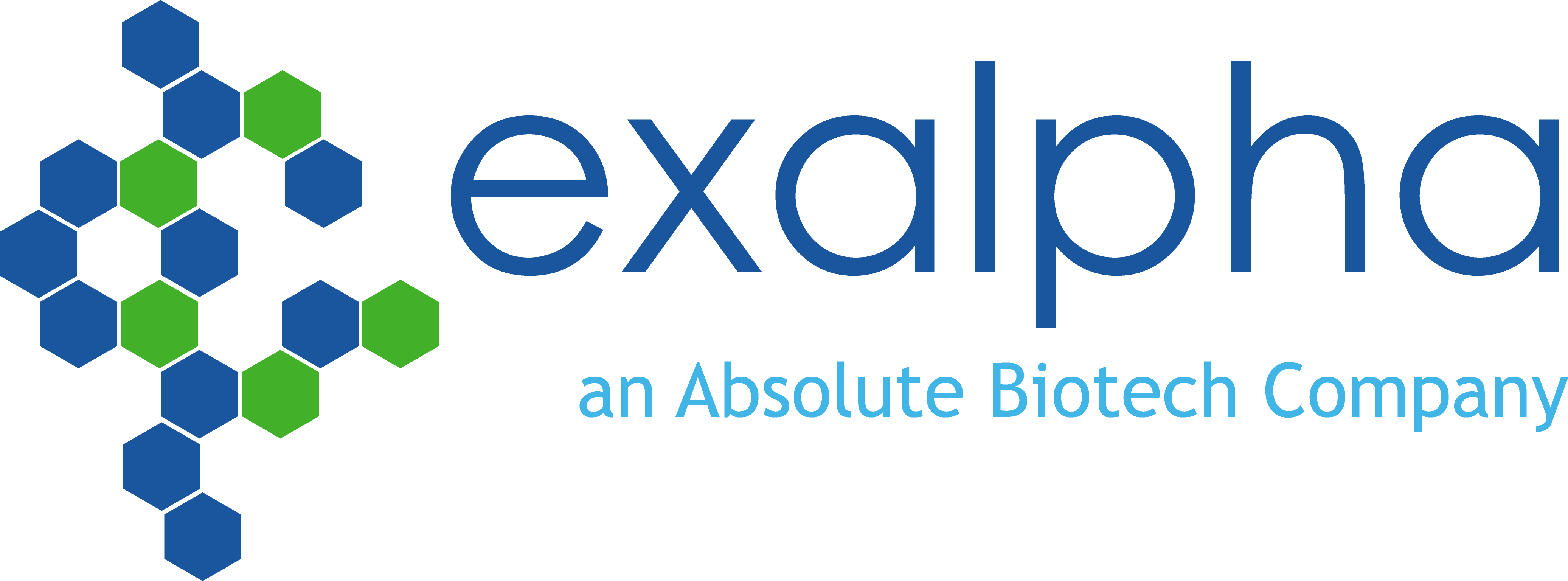Catalogue

Mouse anti Carcinoembryonic Antigen / CEA
Catalog number: MUB0332P$422.00
Add To Cart| Clone | PARLAM 4 |
| Isotype | IgG1 |
| Product Type |
Primary Antibodies |
| Units | 0.1 mg |
| Host | Mouse |
| Species Reactivity |
Human |
| Application |
Flow Cytometry Immunocytochemistry Immunohistochemistry (frozen) Immunohistochemistry (paraffin) Western Blotting |
Background
This monoclonal antibody is reactive with Human carcinoembryonic antigen (CEA), a tumour associated antigen with oncofetal characteristics. Although CEA can be found in tissues of non-neoplastic diseases and normal epithelia, it occurs also in a large variety of carcinomas. Therefore, immunohistochemical detection of CEA is frequently used for the histopathological diagnosis of Human tumours.
Source
PARLAM 4 is a mouse monoclonal IgG1 antibody derived by fusion of Sp 2/0 Ag 14 Mouse myeloma cells with spleen cells from a BABL/c Mouse immunized with isolated Human CEA. The immunogen has been isolated from Human colonic carcinoma cells.
Product
Each vial contains 100 ul 1 mg/ml purified antibody in PBS containing 0.09% sodium azide.
Specificity
Most polyclonal CEA antisera show cross-reactivity with related antigens such as biliary glycoprotein (BGP) and non-specific cross-reacting antigen 1/11 (NCA). PARLAM 4 does not show cross reactivity, neither with BGP nor with NCA. In immunoblotting the antibody recognizes a single band of 180 kD.
Applications
PARLAM 4 is useful for flow cytometry, immunoblotting, immunocytochemistry on methanol fixed cells and immunohistochemistry on frozen tissues when using a PBS buffer containing 0.1 mM CaCl2 and 0.1 mM MgCl2. The antibody is also reactive in formalin-fixed and paraffin-embedded tissue sections after treatment with citrate buffer pH 6.0 in an autoclave. Human colon carcinoma tissue is used as positive control. Optimal antibody dilution should be determined by titration; we recommend a 1:25 – 1:100 dilution for immunohistochemistry with avidin-biotinylated Horseradish peroxidase complex (ABC) as detection reagent, and 1:100 – 1:500 for immunoblotting application.
Storage
The antibody is shipped at ambient temperature and may be stored at +4°C. For prolonged storage prepare appropriate aliquots and store at or below -20°C. Prior to use, an aliquot is thawed slowly in the dark at ambient temperature, spun down again and used to prepare working dilutions by adding sterile phosphate buffered saline (PBS, pH 7.2). Repeated thawing and freezing should be avoided. Working dilutions should be stored at +4°C, not refrozen, and preferably used the same day. If a slight precipitation occurs upon storage, this should be removed by centrifugation. It will not affect the performance or the concentration of the product.
Shipping Conditions: Ship at ambient temperature.
Caution
This product is intended FOR RESEARCH USE ONLY, and FOR TESTS IN VITRO, not for use in diagnostic or therapeutic procedures involving humans or animals. It may contain hazardous ingredients. Please refer to the Safety Data Sheets (SDS) for additional information and proper handling procedures. Dispose product remainders according to local regulations.This datasheet is as accurate as reasonably achievable, but our company accepts no liability for any inaccuracies or omissions in this information.
References
1. Verstijnen CP, Arends JW, Moerkerk PT, Warnaar S, Hilgers J, Bosman FT (1986). CEA-specificity of CEA-reactive monoclonal antibodies. Immuno-chemical and immunocytochemical studies. Anticancer Research, 6, 97-104.
2. Henzen-Logmans SC, Schipper NW, Poels LG, Stolk K, Kenemans P, Meyer CJ. (1988) Use of statistical evaluation of antigen profiles in differential diagnosis between colonic and ovarian adenocarcinomas. J.Clin Pathol. 41:644-9.
3. Taal BG, Hageman PC, Delemarre JF, Bonfrèr JM, den Hartog Jager FC. (1992) Metastatic ovarian or colonic cancer: a clinical challenge. Eur J Cancer . 28: 394-9.
Protein Reference(s)
Database Name: UniProt
Accession Number: P06731
Safety Datasheet(s) for this product:
| EA_Sodium Azide |
